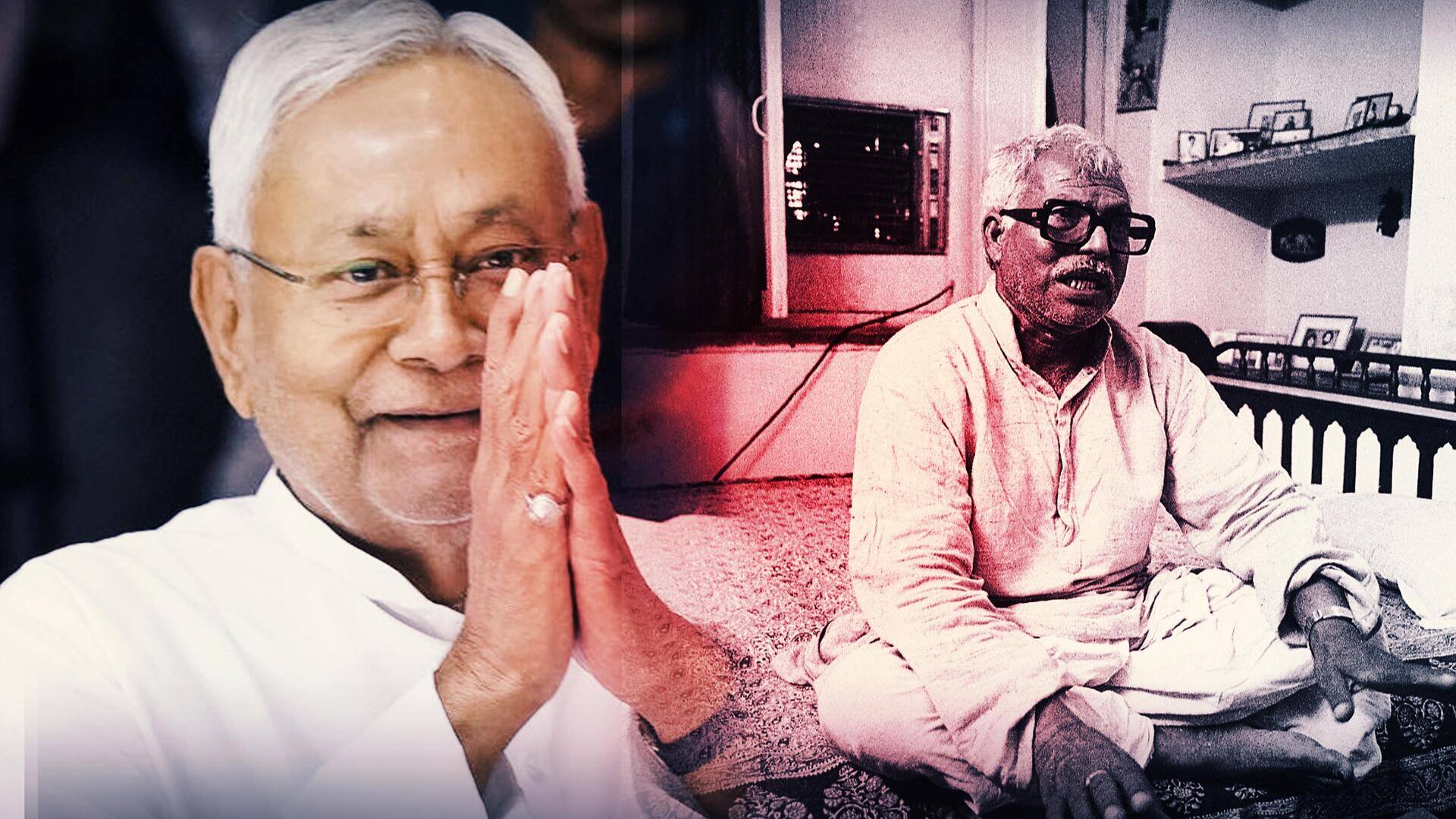
Nitish takes a swipe at PM over Thakur's Bharat Ratna
What's the story
Bihar Chief Minister Nitish Kumar on Wednesday said that awarding Bharat Ratna to former state CM Karpoori Thakur was an old demand of the Janata Dal (United) or JD(U).
The JD(U) leader said that Prime Minister Narendra Modi will take "full credit" for it.
Kumar also praised the late leader for his work in uplifting all sections of society and implementing a liquor ban in Bihar.
Details
PM has not called me so far: Nitish
On Tuesday, the Central government awarded the Bharat Ratna posthumously to Thakur.
During his address, Kumar also said PM Modi called his party colleague and Thakur's son Ramnath Thakur about the award.
"The PM has not called me so far. It is possible that he may claim full credit for the move. Be that as it may, I thank the PM and his government for fulfilling a demand I have been raising since I assumed power in Bihar," Kumar said.
What Next?
Lalu Prasad slams BJP for delay in honour
Meanwhile, Rashtriya Janata Dal (RJD) leader Lalu Prasad Yadav, a protege of Thakur, argued that the leader should have received the Bharat Ratna much earlier.
He said that the recognition came just before the Lok Sabha polls, and after a controversial statewide caste-survey.
"The centre (only) woke up when present Bihar government conducted caste census and increased scope of reservation for benefit of Bahujans," he said.
Insights
Rahul Gandhi calls for 'real justice'
Congress MP Rahul Gandhi welcomed the award for Thakur but insisted that a "true tribute" to him would be for the BJP to order a national caste census.
He stated, "The country now needs 'real justice' not 'politics of symbolism'."
In response, Union Minister Giriraj Singh questioned why Nitish Kumar and Lalu Prasad, who "played in the lap of Congress for years," did not secure the award for Thakur earlier.
Facts
Karpoori Thakur's legacy
Thakur, known as Jan Nayak, was also Bihar's first non-Congress chief minister.
He held the position twice: From December 1970 to June 1971 (Socialist Party/Bharatiya Kranti Dal), and from December 1977 to April 1979 (Janata Party).
Thakur's most significant contribution lies in the "Karpoori Thakur Formula," a reservation policy implemented in 1978 to ensure equitable representation for backward classes in state services.